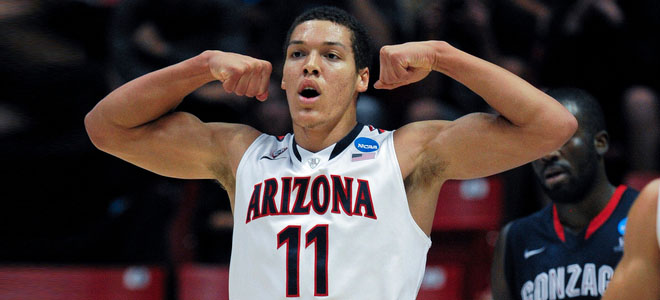 When Picking a Bracket, It’s Easier to Be Accurate Than Skillful
When Picking a Bracket, It’s Easier to Be Accurate Than Skillful
FiveThirtyEight
by Roger Pielke, Jr.
March 24, 2014
So, how is your bracket after the first weekend of the NCAA men’s basketball tournament? Did you pick Mercer to win in the round of 64? Most didn’t, of course, including President Obama and anyone who based picks off the favorites in the FiveThirtyEight bracket. Only 3.3 percent of brackets in the ESPN Bracket Challenge had Mercer beating Duke, and only 0.3 percent correctly picked all four of the double-digit seeds that advanced Friday.
Incorrect NCAA predictions come from two places: One is the failure to anticipate upsets, and the other is the prediction of upsets that don’t occur. Because favorites win most games, the upsets you get wrong are far more important than those you get right.1
In fact, after the first weekend of play, it turns out that 83.4 percent of entrants in the ESPN Bracket Challenge would have been better off picking all the favorites.
In last year’s tournament, this simple strategy would have resulted in 43 (of 63 total) games picked correctly, a 68.3 percent accuracy rate. For comparison, consider that a bracket based on FiveThirtyEight’s 2013 odds would have also resulted in 43 of 63 winners picked correctly. Even the wisdom of the crowds couldn’t exceed the 43-game mark by much. No one in the CBS or Yahoo NCAA 2013 bracket competitions correctly picked more than 50 winners. So far in 2014, only 1.83 million of the 11.01 million participants in the ESPN Bracket Challenge are doing better than a naive bracket going into the Sweet 16.
In 1884, a scientist named John Park Finley set the standard for being accurate but not skillful in his predictions. Over three months, Finley predicted whether the atmospheric conditions in the U.S. were favorable or unfavorable for tornadoes over the next eight hours, and then compared whether his prediction was accurate. By the end, Finley had made 2,806 predictions and 2,708 of them proved accurate, for a success rate of 96.5 percent. Not bad. But two months later, another scientist pointed out that if Finley had just said that there wouldn’t have been a tornado every eight hours, he would have been right 98.1 percent of the time. Read more of this article on FiveThirtyEight …

